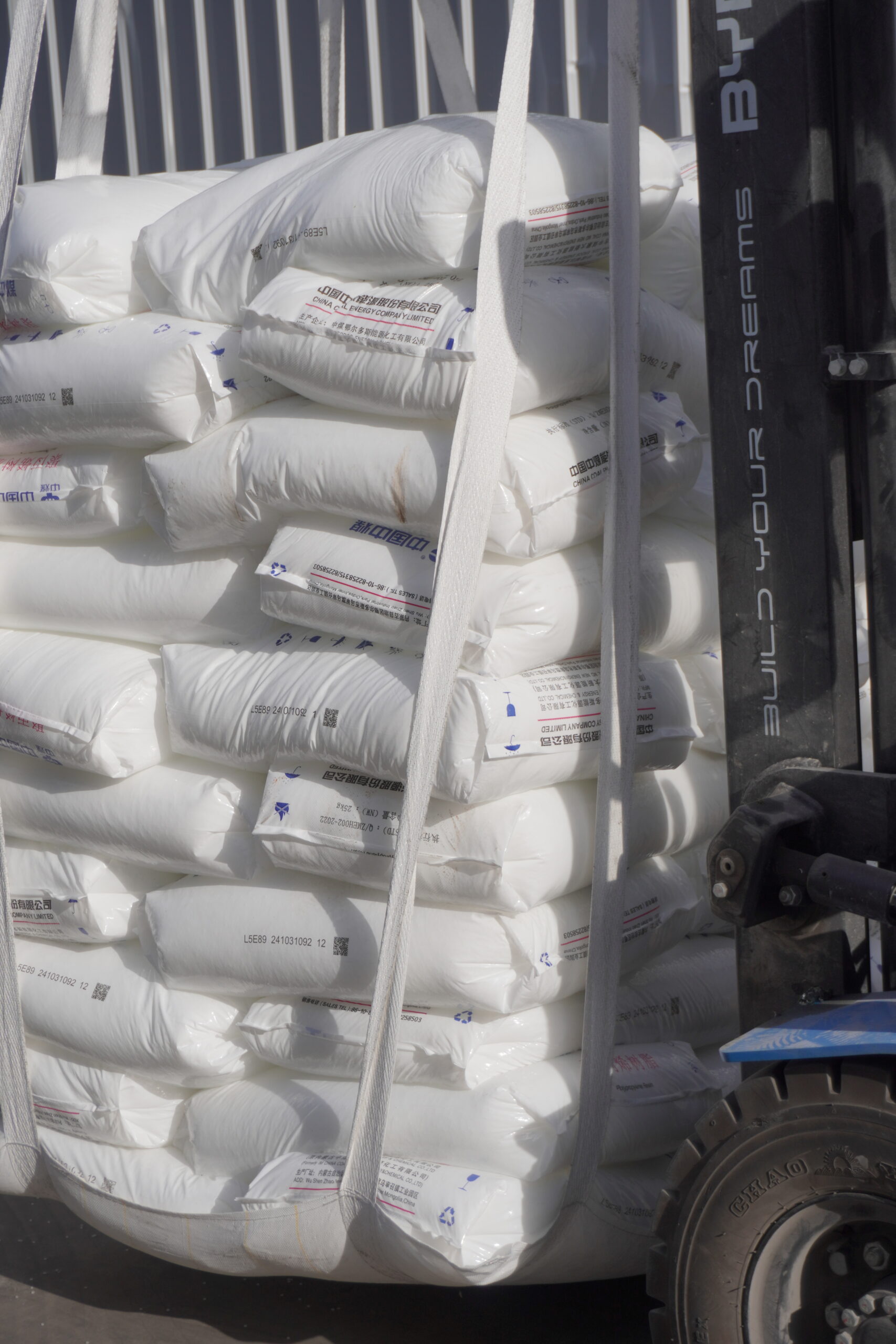In the field of modern logistics and industrial production, jumbo bags have become an indispensable packaging and transportation tool due to their large capacity, low cost and recyclable characteristics. In recent years, with the upgrading of demand and technological innovation in various industries, jumbo bags have continued to make breakthroughs in the expansion of uses and appearance design. They have not only deeply penetrated traditional application scenarios, but also opened up new tracks in emerging fields, attracting widespread attention in the industry.
- Full-field penetration: diversified expansion of the use of jumbo bags
1.1 Deepening application in traditional industrial fields
In the building materials industry, jumbo bags have expanded from single cement and sand and gravel transportation to finished product packaging such as tiles and gypsum boards. For fragile building materials, wear-resistant and impact-resistant jumbo bags came into being. By adding a buffer layer inside the bag body and combining high-toughness woven materials, the transportation loss rate can be effectively reduced by more than 30%. In the chemical industry, acid-resistant, alkali-resistant and high-temperature resistant special jumbo bags have become the norm. For example, tetrafluoroethylene-coated jumbo bags used to transport corrosive chemicals can withstand 200°C high temperatures and strong acid and alkali erosion to ensure the safety of material transportation.
1.2 Scenarios in the agricultural and food fields
In the agricultural field, jumbo bags have extended from simple grain storage and transportation to fruit and vegetable preservation, animal husbandry and other subdivided scenarios. Taking root crops such as onions and potatoes as an example, breathable mesh jumbo bags extend the storage period by 2-3 months through scientific layout of ventilation holes and antibacterial coating. In the food processing industry, food-grade jumbo bags are made of food contact safety certified materials and have built-in independent compartments to achieve classified storage and precise use of raw materials, meeting the efficient production needs of dairy products, condiments and other companies.
1.3 Key empowerment of emerging industries
In the field of new energy, the positive and negative electrode materials of lithium batteries have extremely high requirements for the sealing and anti-static properties of packaging. Aluminum foil composite jumbo bags have become the industry standard packaging with their excellent moisture-proof, oxygen-proof and electrostatic release properties. In the resource processing of construction waste, large-capacity jumbo bags are combined with intelligent weighing systems to achieve efficient collection and accurate measurement of waste; in the field of marine engineering, special jumbo bags that are resistant to wind and waves and seawater corrosion are used to transport offshore wind power equipment parts and components, helping the construction of clean energy projects.

